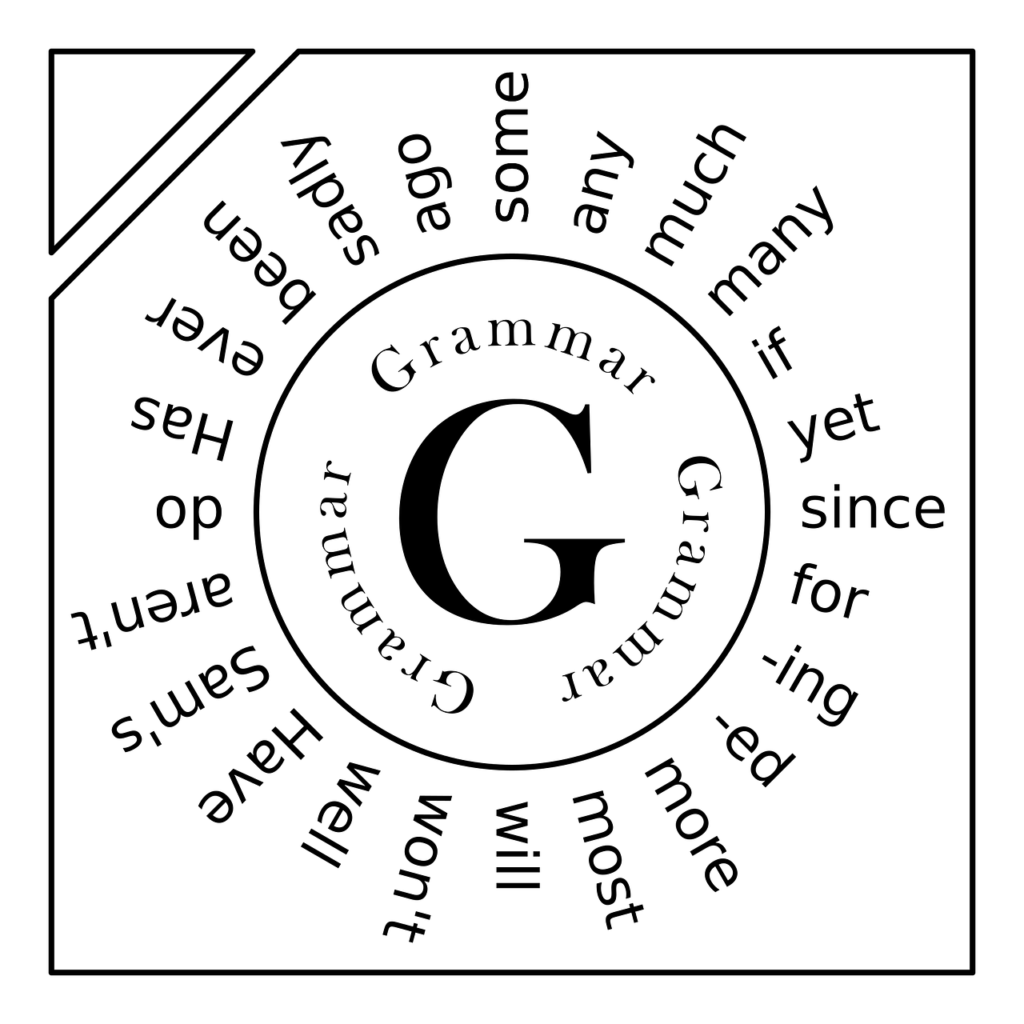The perfect infinitive is a verb form that consists of (to) have + past participle of a verb. For example: to have missed, to have written, to have worked, to have left etc.
The perfect infinitive can have the same kind of meaning as perfect or past tenses. It can refer to something that happened or might have happened in the past, or something that will be completed in the future.
Some examples of using the perfect infinitive are:
- I am glad to have found a new job. (= I am glad that I have found a new job.)
- She was sorry to have missed the concert. (= She was sorry that she had missed the concert.)
- You seem to have annoyed him. (= It seems that you have annoyed him.)
- To have got the job in the face of such stiff competition was a great achievement. (The person did get the job.)
- To have won the race would have been fantastic, but even coming second was a great achievement. (The person did not win the race.)
- We hope to have finished the building works by the end of March. (We hope that we will finish the building works by then.)
The perfect infinitive is often used after the modal auxiliary verbs could, would, might, ought, should and needn’t to talk about unreal situations or express certainty.
Some examples are:
- You should have asked my permission before going out. (You didn’t ask my permission.)
- She should have discussed the matter with him. (She didn’t discuss the matter with him.)
- I would have gone to university, if I had passed my exam. (I didn’t pass my exam.)
- You shouldn’t have provoked him. (You provoked him.)
- We needn’t have waited for his approval. (We waited for his approval.)
- She should have arrived by now. (I am certain that she has arrived.)
- They will have reached the station by now. (I am certain that they have reached the station.)

